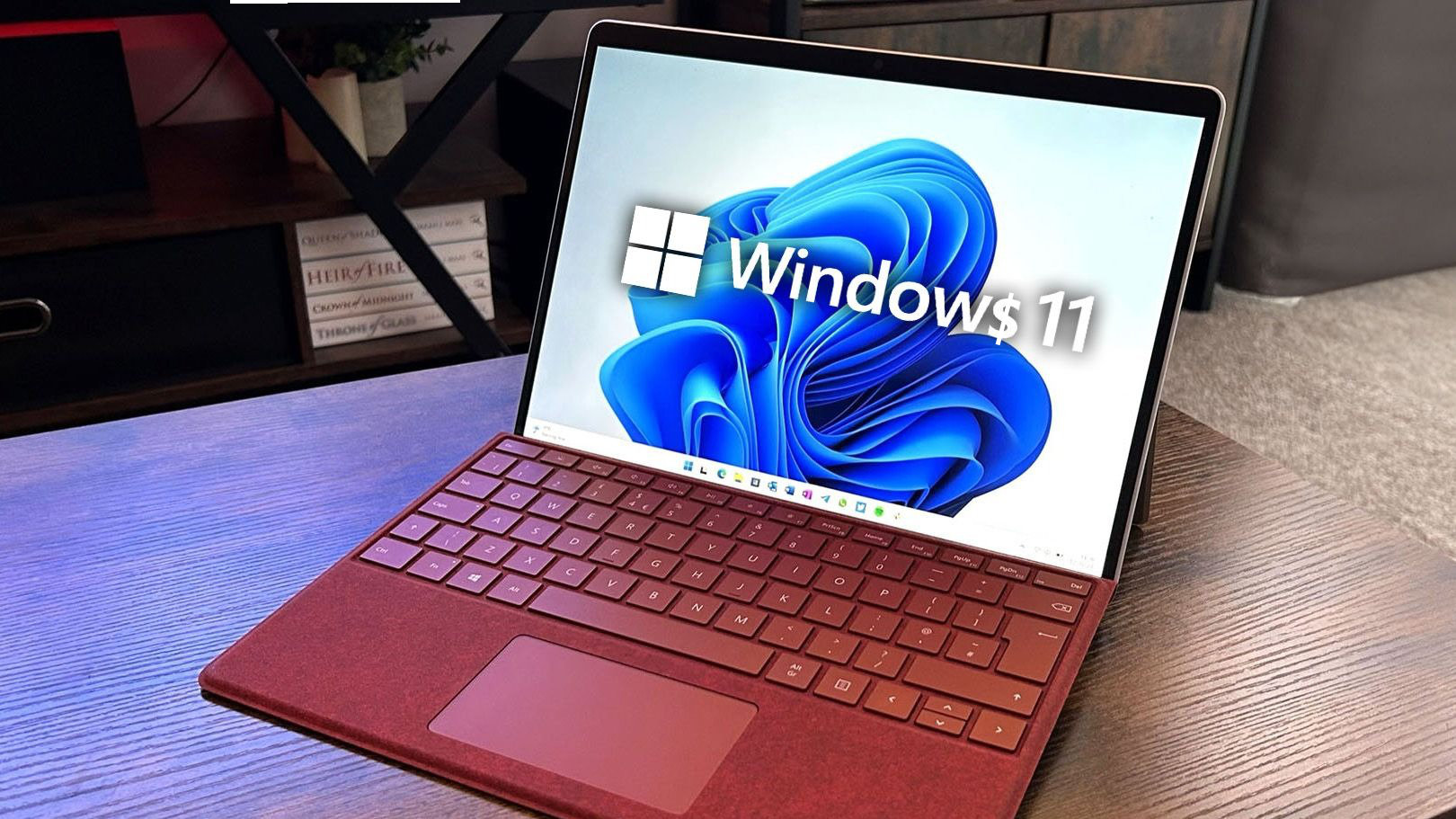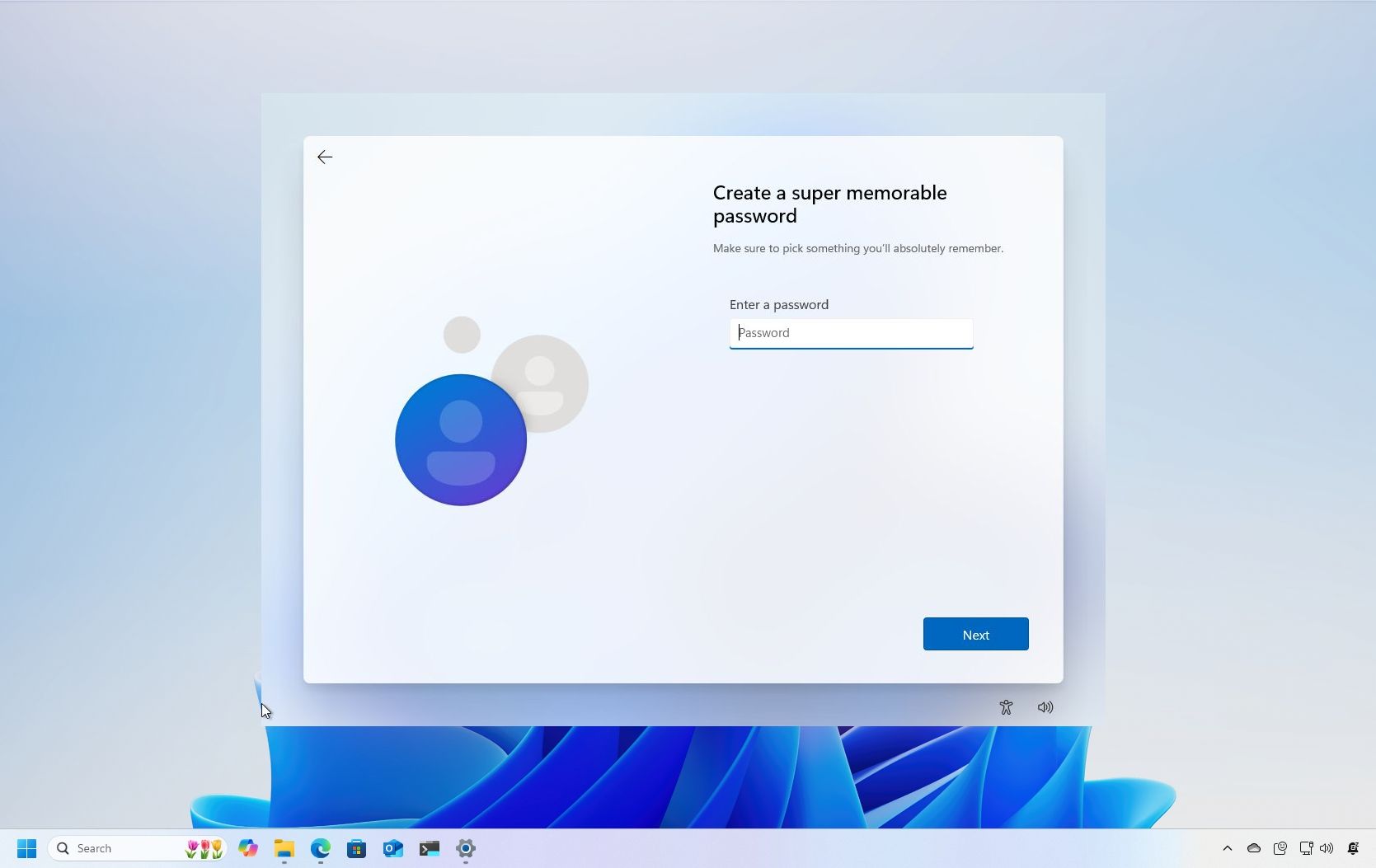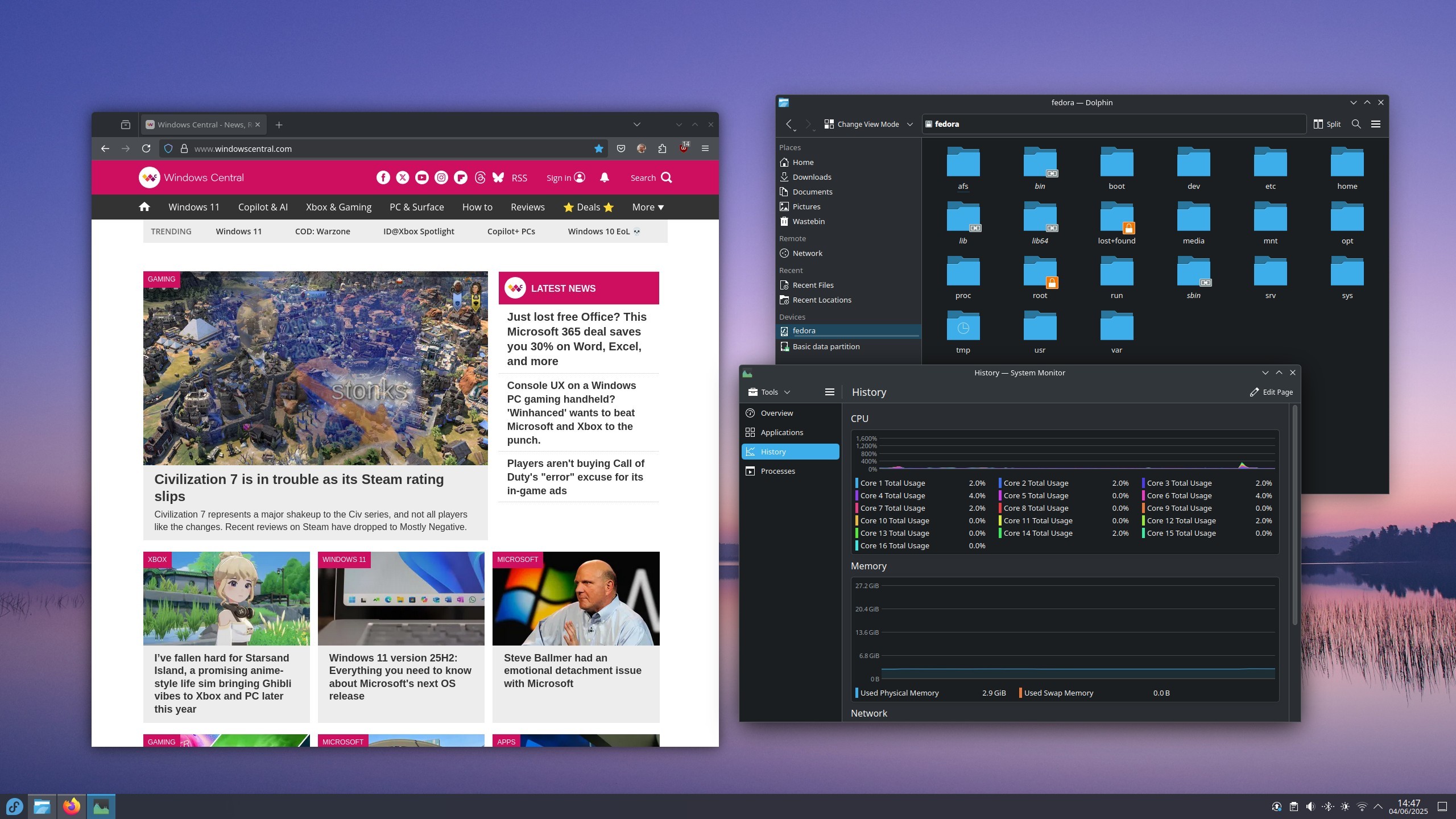
Starting from October 14, 2025, I notice that my computer, which currently operates on Windows 10, will no longer be eligible for any further support or updates.
Microsoft advises Windows 10 users to consider upgrading to Windows 11, but keep in mind that this change might be expensive for some. Furthermore, a significant number of computers don’t meet the prerequisites to upgrade to the new operating system.
For numerous individuals, the dilemma might be, “Should I purchase a new computer or explore other options instead?” A recent correspondence from The Document Foundation presents a compelling argument in favor of the latter.
The charitable group known as The Document Foundation offers assistance for LibreOffice, a freely accessible and open-source software suite that serves as an alternative to Microsoft’s office applications.
Denmark’s Ministry of Digital Affairs has announced its intention to switch from Windows and Office 365 to Linux and LibreOffice. As the end of support for Windows 10 draws near, it might be worthwhile for individuals to consider whether this change could be beneficial for them as well.
“The real costs of switching to Windows 11“

According to The Document Foundation, Microsoft’s encouragement for users to upgrade to Windows 11 isn’t only about enhancing security; it also serves other purposes.
Transitioning to Windows 11 isn’t solely for security enhancements; it also significantly boosts reliance on Microsoft by intensifying its cloud integration. This means users are compelled to adopt Microsoft accounts and services, which may lead to increased costs as a result of subscription and licensing models. Moreover, these changes limit control over how your computer operates and manages data. Lastly, the new hardware prerequisites could make millions of functional PCs obsolete.
A common complaint from users is that they find it annoying that Windows 11 demands a Microsoft account. Although methods to circumvent this rule have existed for quite some time, Microsoft put an end to one of the most popular workarounds in March 2025.
According to the Public Interest Research Group (PIRG), the cessation of Windows 10 support might lead to the largest increase in discarded computers in history.
Windows 11 and Office alternatives
Approximately one billion people globally utilize both Windows 10 and Windows 11, while Microsoft Office boasts hundreds of millions of users worldwide. These software solutions are widely adopted across numerous industries and organizations. However, The Document Foundation proposes that switching to alternative software options is feasible.
The note emphasizes that Linux can operate on any computers previously running Windows 10, thus alleviating the necessity to acquire new equipment to remain current.
LibreOffice can work with document types that are exclusive to Microsoft, like DOCX, XLSX, and PPTX. Moreover, it’s built around the Open Document Format (ODF).
According to The Document Foundation, which oversees both Linux and LibreOffice, this pairing provides all the necessary features – it’s robust and reliable, and it’s already trusted globally for crucial tasks in various sectors such as personal use, public administration, education, and businesses.
Should you switch from Windows to Linux?

For quite some time now, Linux has been a reliable choice. It’s definitely worth considering, especially for individuals who primarily use their computers for everyday productivity tasks. You might discover that all the necessary tools you require can be found within the Linux environment.
Some of the best gaming handhelds run SteamOS, which is a Linux-based operating system.
However, it’s important to note that while Linux is powerful, it does have its limitations. A significant challenge lies in compatibility issues. For individuals who heavily depend on software that performs poorly or doesn’t function optimally on Linux-based platforms, transitioning to Linux might not be a practical solution.
There’s a good chance that numerous organizations and people would find satisfaction in switching to Linux, but it doesn’t necessarily mean that Linux is suitable for everyone. If you’re intrigued by Linux, I’d advise trying it out on an additional partition of your computer. The Document Foundation also advocates this approach.
On a secondary partition, you can try out software compatibility with Linux, ensuring it suits your workflow and the system can manage it effectively. At any time, you also have the convenience of switching back to Windows whenever necessary.
Read More
- Gold Rate Forecast
- Forza Horizon 5 Update Available Now, Includes Several PS5-Specific Fixes
- ‘The budget card to beat right now’ — Radeon RX 9060 XT reviews are in, and it looks like a win for AMD
- Masters Toronto 2025: Everything You Need to Know
- We Loved Both of These Classic Sci-Fi Films (But They’re Pretty Much the Same Movie)
- Valorant Champions 2025: Paris Set to Host Esports’ Premier Event Across Two Iconic Venues
- Karate Kid: Legends Hits Important Global Box Office Milestone, Showing Promise Despite 59% RT Score
- Eddie Murphy Reveals the Role That Defines His Hollywood Career
- Discover the New Psion Subclasses in D&D’s Latest Unearthed Arcana!
- Street Fighter 6 Game-Key Card on Switch 2 is Considered to be a Digital Copy by Capcom
2025-06-16 19:39